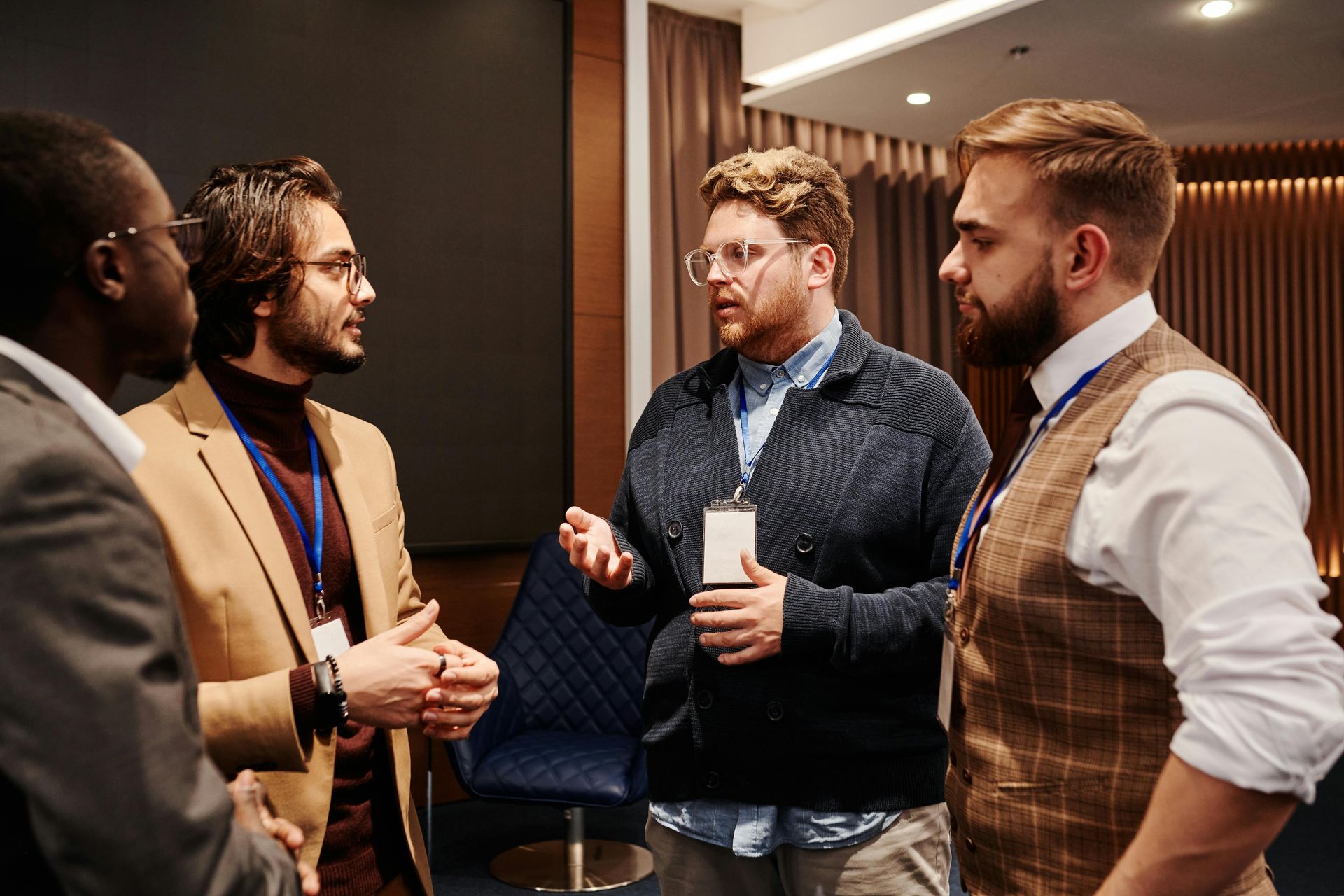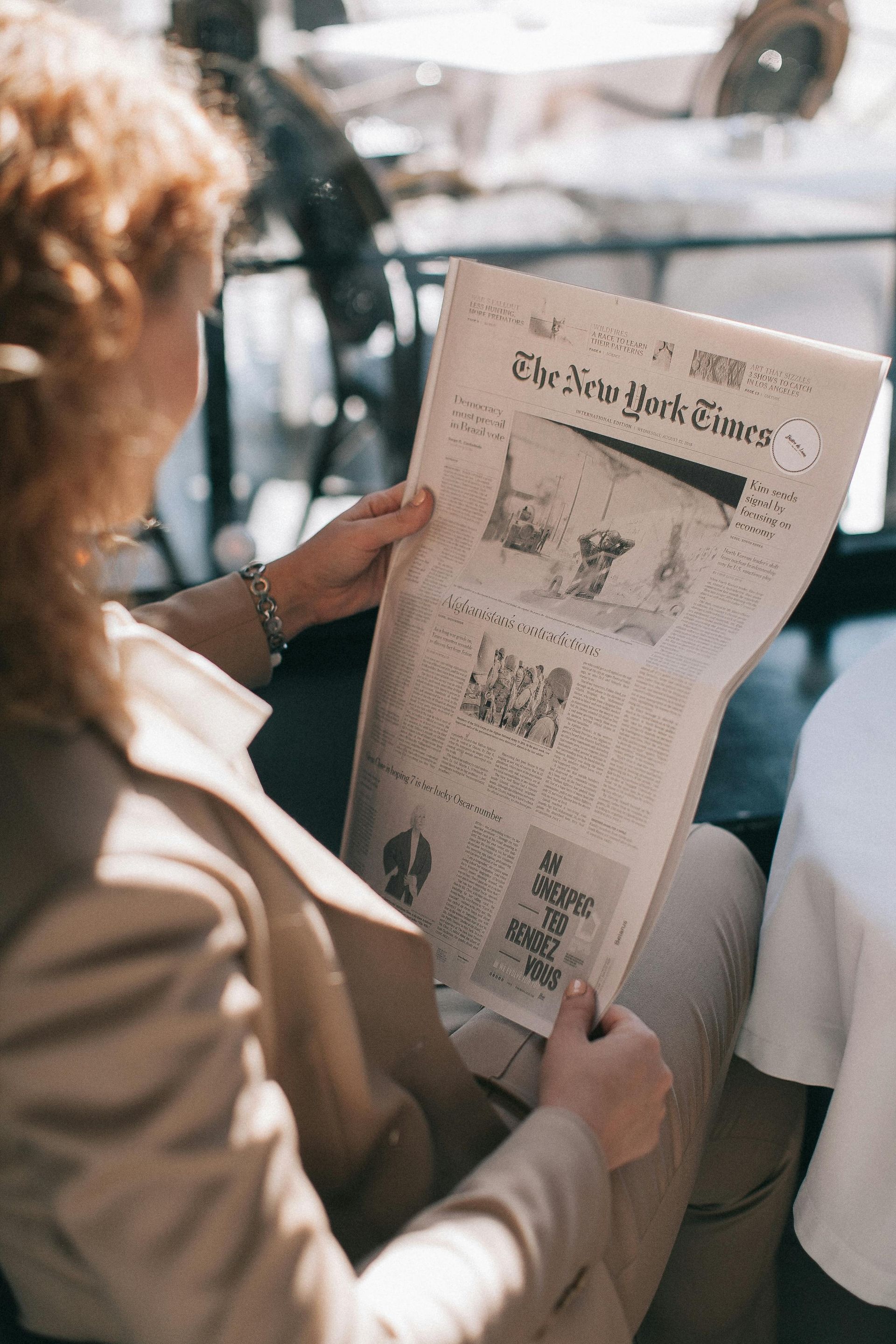DEI at Law Schools Could Bring Down America

By Tunku Varadarajan
Wall Street Journal
March 28, 2023 6:50 pm ET
After the Stanford episode, Ilya Shapiro sounds a warning: The threat to ‘dismantle existing structures’ is an idle one in English class. But in legal education it targets individual rights and equal treatment under the Constitution.
Falls Church, Va.
Wokeness, or what used to be called political correctness, once seemed merely harebrained, the product of shallow ideas and immature passion. The common view was that undergraduates would outgrow it once they left campus and faced the rigors of the real world.
You seldom hear that anymore, as those ideas have run amok in culture- and economy-defining institutions ranging from news organizations and local governments to professional societies and corporate boardrooms. But Ilya Shapiro thinks we’re not alarmed enough about their influence in one important corner of academia: law schools. The professional ideologues who wield administrative authority on American college campuses want nothing less than to “change the American constitutional system,” Mr. Shapiro says. They pose a grave long-term threat to “the rule of law and inalienable rights, and even concepts like equal treatment under the law.”
Mr. Shapiro, 45, is director of constitutional studies at the Manhattan Institute. Hunkered down in the study of his Virginia home, he’s working on a book, “Canceling Justice: The Illiberal Takeover of Legal Education,” that seeks to lay bare the process by which bureaucrats appointed to promote “diversity, equity and inclusion” on campus have “perverted our system of legal education.”
A prime example was in the news as we spoke. Stanford’s Federalist Society chapter had invited Judge Kyle Duncan of the Fifth U.S. Circuit Court of Appeals to speak on campus. Confronted by a vicious leftist student mob, he asked administrators to intervene. Tirien Steinbach, the law school’s associate dean for DEI, arose to deliver prepared remarks, which concluded: “I look out and I don’t ask, ‘What’s going on here?’ I look out and I say, ‘I’m glad this is going on here.’ ”
Mr. Shapiro experienced a different kind of DEI humiliation in January 2022. He was concluding his tenure as a vice president of the Cato Institute and due to start a new job as executive director of the Center for the Constitution at Georgetown’s law school. Then Justice Stephen Breyer announced he would retire. Mr. Shapiro tweeted that Judge Sri Srinivasan was the “objectively best pick” for the vacancy but President Biden had already disqualified him on the basis of race and sex. Mr. Shapiro opined that Judge Srinivasan “alas doesn’t fit into the intersectional hierarchy so we’ll get lesser black woman.”
The tweet, which Mr. Shapiro describes as “inartfully phrased,” prompted an inquisition at Georgetown. The university suspended him with pay while its Office of Institutional Diversity, Equity and Affirmative Action conducted a four-month investigation into his fitness for the job. In June the office issued a report exonerating him—but on a technicality with an unsubtle chilling effect.
Since Mr. Shapiro wasn’t yet on Georgetown’s payroll, the report found, the university lacked jurisdiction over his speech. But if he “were to make another, similar or more serious remark as a Georgetown employee, a hostile environment based on race, gender, and sex likely would be created.” In fact, Mr. Shapiro wrote in these pages, “it is the Georgetown administrators who have created a hostile work environment for me.” He quit and returned to the think-tank world.
If Mr. Shapiro were an English professor, one might put this down as a workplace dispute of marginal importance. But he has a point when he says law schools are different. They train “future lawyers and politicians and judges, and the gatekeepers to our institutions, to the rules of the game.” That game has the highest of stakes: “the rule of law, upon which American prosperity and liberty and equality sit.”
An illiberal takeover of medical schools, Mr. Shapiro quips, might be more “immediately dangerous, in the sense that you don’t have the best doctors treating people.” But some of the students who raged against Judge Duncan “are people who, in 20 years, are going to be joining the federal bench.” Sooner than that, “they’ll be occupying influential positions in state and federal government, bringing legal cases, becoming state legislators in some cases, or occupying the general counsel’s offices of Fortune 500 companies and the partnership ranks of big firms.”
Already, Mr. Shapiro says, partners at law firms “cower in fear of their associates, who question their firm’s representation of certain types of client and demand that statements be made by law firms after Supreme Court decisions and other developments in the political world.” A friend of his was a partner in the Houston office of a large global law firm. “She’s pro-life,” he says, declining to name the lawyer or the firm. After the Supreme Court overturned Roe v. Wade, various firm leaders asked her to handle some pro bono clients advancing pro-choice arguments. “She said she was too busy and didn’t make a stink over it,” Mr. Shapiro says. “Eventually, the managing partner of the Houston office said, ‘Well, I guess you’re pro-life. What’s the point of having a female partner who’s pro-life?’ ” She now practices independently.
Similar cases have been recounted in these pages. Former Solicitor General Paul Clement and Erin Murphy, then partners at Kirkland & Ellis, won a landmark Second Amendment victory last year at the Supreme Court. The firm responded by ordering them to drop the clients or resign; they walked. Hogan Lovells fired Robin Keller for saying that she agreed with the justices’ decision overturning Roe during an online conference call advertised as a “safe space” for female employees.
Much of this seems self-defeating. Would you hire an attorney who is made to feel “unsafe” by a Supreme Court decision? Wouldn’t a lawyer who heckled a judge in court go to jail for contempt? Maybe there’s still something to the idea that woke students are in for a shock after graduation.
“Professors are shying away from entire topics, not just a given perspective on a topic,” Mr. Shapiro says. They’re “just skipping over anything to do with rape or hate crimes, because they’re too sensitive. You try to write an exam question and there are too many red flags, too many tripwires.” These professors do “their students a disservice by not training them in how to advocate in the real world of courts. There, it’s not a conversation between the left and the far left.”
Mr. Shapiro says “nonprogressive” law professors were rare even 20 years ago, when he studied law at the University of Chicago. Critical legal studies, fashionable in the late 1980s and early ’90s, was “passé, a very small niche thing.” Since then, “what’s really changed is the bureaucratic explosion. And most of that bureaucracy is in this DEI space, which actively subverts the traditional educational mission of truth-seeking” with its “ideas of power dynamics and intersectionality, dividing people into oppressive and oppressed classes, and things like that.”
Pressure comes from without as well: In February 2022 the American Bar Association, which has sole authority to accredit U.S. law schools, passed a resolution demanding that they “provide education to law students on bias, cross-cultural competency, and racism.” At the same time, the Biden administration’s drive for racial equity “seems to be sprinkling political commissars throughout the government.” With a mordant optimism, he observes that those may be “the only kinds of jobs that law school graduates who refuse to engage ideas they don’t like and spew epithets at federal judges may be qualified for.”
But those jobs also have real-world power, the exercise of which could eventually cumulate into “regime change,” Mr. Shapiro warns. “I’m not trying to be hyperbolic or bombastic. If you read critical legal studies, of which critical race theory is a subset, you’ll read about the need to ‘fundamentally dismantle existing structures,’ to ‘change the way social hierarchies operate.’ . . . The goal is to fundamentally change the way that American society operates.”
These ideas are particularly fashionable on elite campuses, although Mr. Shapiro notes recent hostile incidents at lower-rated schools such as Texas A&M, the University of Kansas and UC Hastings (the last involving Mr. Shapiro himself). “There’s a higher quotient of activist types who would engage in disruptions and contribute to an illiberal atmosphere at a Yale than at a University of Iowa.” At top schools, “more people are getting that law degree to change the world, whereas at lower-ranked schools, they want to be lawyers. They want to make money and get a job and join the upper middle class.”
Is there any hope for elite schools? After Judge Duncan’s mobbing, Jenny Martinez, dean of Stanford Law School, issued a 10-page memo that strongly defended free speech and academic freedom, apologized to the judge and announced that Ms. Steinbach, the DEI associate dean, had been placed on administrative leave.
Mr. Shapiro would like to see more. He thinks universities need to enforce their policies against hecklers’ vetoes by disciplining those who violate them. Law schools can suspend students, even expel them in serious cases, and impose career consequences. “They can also report to a bar association,” Mr. Shapiro says. “All law schools have to sign off on a character and fitness assessment before a graduate can take the bar exam.” If a student has been “completely disruptive, and has demonstrated that he doesn’t have the character and fitness to be a lawyer, they can be adjudged not fit to sit for the bar exam”—with due process, including the right of appeal, of course.
Ms. Martinez did none of that. Her memo promised to institute “mandatory educational programming for our student body rather than referring specific students for disciplinary sanction” and to blur students’ faces when the university releases video of the event.
Mr. Shapiro says there have to be “exogenous shocks to really change things.” One approach might be to target the elite schools’ status. Judges James Ho and Elizabeth Branch of the Fifth and 11th Circuits, respectively, announced in October that they won’t hire clerks from Yale until the school reforms its policies on free speech. “If any Supreme Court justice said that,” Mr. Shapiro says, “it would be a game-changer.” In an article for National Review, Judges Ho and Branch also called on Stanford to “identify the disrupters so that future employers know who they are hiring.”
Mr. Shapiro takes heart that “people who are not cultural warriors of the left or the right are starting to notice this stuff, and they don’t like what they see.” Lawmakers in 15 states have introduced bills to slash or abolish DEI offices and staff at public colleges, although none have passed so far. The backlash is still inchoate, and Mr. Shapiro believes the only solution is to purge “DEI bureaucracies that undermine the liberal values of academic speech and due process.”
Mr. Varadarajan, a Journal contributor, is a fellow at the American Enterprise Institute and at New York University Law School’s Classical Liberal Institute.
DEI at Law Schools Could Bring Down America - WSJ



